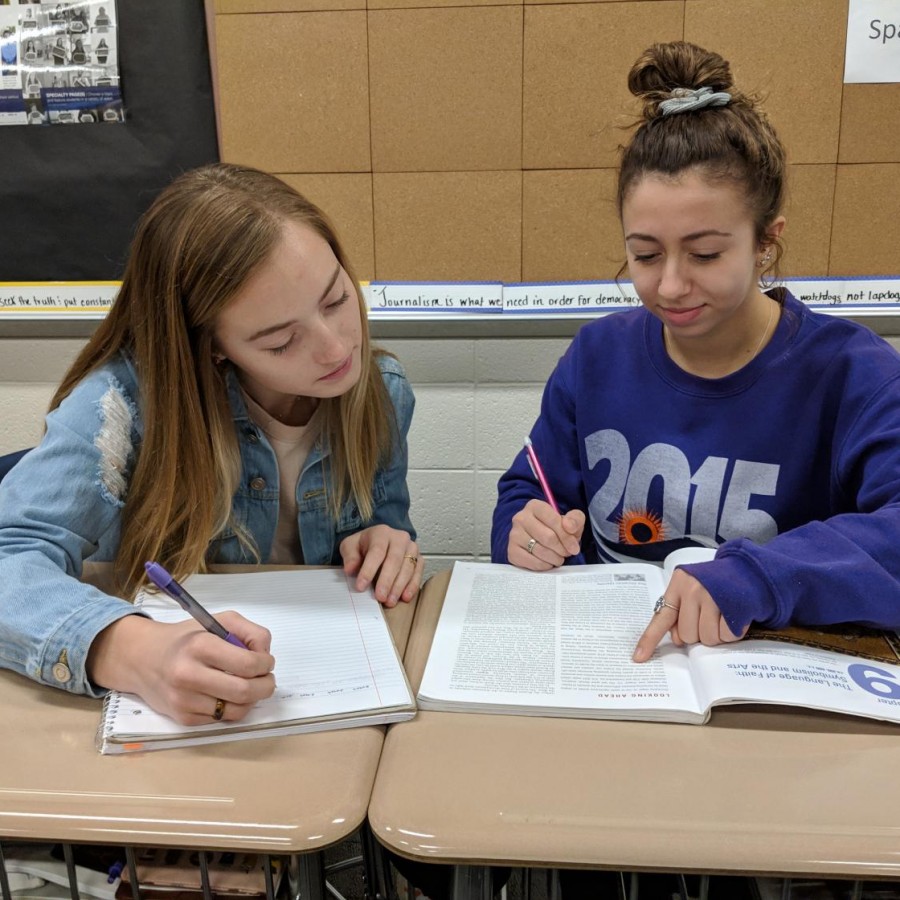Memorizing the quadratic formula, learning a foreign language and writing a persuasive essay are all examples of important lessons students learn in school. However, there are a broad amount of equally essential lessons that have nearly nothing to do with academics.
The results of these lessons come in the form of “soft skills” and they encompass all of the social skills necessary for contributing to society. Most of these skills can only be taught outside of a textbook but still play a major role in the classroom. According to a blog post from Capella University, the six essential soft skills consist of leadership, communication, teamwork, social and emotional intelligence and cultural competence.
Pleasant Valley physics teacher, and soft skills advocate, Ian Spangenberg hopes that students will be able to acquire and utilize these skills later in life. Yet, this can be made difficult if students do not recognize the lessons they are being taught. Spangenberg said, “It’s hard to recognize these things when you don’t really know the system at work behind it.”
With more and more technology in and around the classroom it has become increasingly easy for students to cheat on assignments and even tests. Sharing answers can be done in matters of seconds with the use of a smartphone. What many students do not realize is even though they may not be caught, there are still consequences for their actions.
Throughout the K-12 experience, an important aspect of the education is learning how to properly take a test. “Testing is a part of life,” said Spangenberg. “Whether you go to become an engineer, an accountant, or a librarian, you have to take tests all the time.” Cheating on a test will cause students to miss out on important preparation for whatever career they choose.
It’s not only tests that are important however, all the social skills that are required to become a contributing member of society are taught in the classroom. Although it may be difficult to realize, it’s part of the curriculum.
It’s hard to define soft skills, but Spangenberg feels that they could be comparable to something as simple as a video game. “High school can act as a tutorial level in a video game, where you can learn how the controls work. That’s what a lot of those soft skills are, they’re the controls that control your character.” If more Pleasant Valley students were to recognize and value these lessons, PV could better prepare students for their lives ahead.









